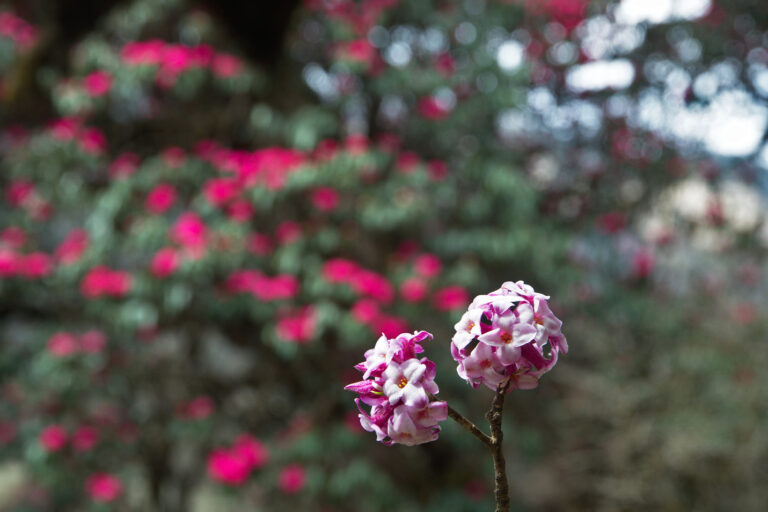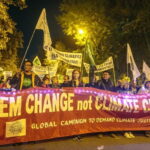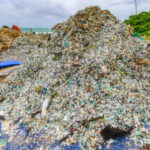KATHMANDU — A decade ago, people from Salija village in western Nepal traveled several hours into the uphill forests to gather firewood and feed for their livestock, Shakhamani Khorja recalls. “[Now], we have a forest growing on about 13 hectares [32 acres] of land less than a kilometer [0.6 miles] away that helps meet our needs for fuelwood and animal feed,” says Khorja, a Salija local and a member of a community forest group. As part of a reforestation project that began in 2010, local communities in six study sites across the western Gandaki province planted 131,186 native trees on a total of about 76 hectares (187 acres) of government-owned land. Nearly a decade after the reforestation project, researchers found that the density of vegetation, analyzed using a satellite imagery tool — known as Normalized Difference Vegetation Index (NDVI) — consistently increased in all six study sites since the project ended in 2016, suggesting increased canopy cover as trees continue to grow. According to NDVI metrics, vegetation improved from 0.0341 in value in 2018 (suggesting sparse vegetation) to 0.0737 in value in 2022 (meaning highly dense vegetation). This reforestation of native species, says Korja, was necessary not only due to their gradual decline because of climatic factors impacting natural growth, but also to support communities with non-timber resources that could build local enterprises, like selling lokta paper produced using material from the lokta plant (Daphne bholua), also called the Nepalese paper plant. According to the authors of the study published…This article was originally published on Mongabay
Search
Recent Research
Want your Blog Article featured on our website?
Research
Featured News
How to Make Your Home More Energy-Efficient in 2026
A practical, future-ready guide for lower bills and a smaller footprint Rising energy prices and
Sustainable Break Rooms: Greening the Office Pantry
Photo by Rodeo Project Management Software on Unsplash A break room may seem like a
Solar-powered AI streetlights to fund coastal highway construction
Nigeria’s long delayed Lagos-Calabar Coastal Highway is set to be rescued by thousands of AI-driven,
Big Data Analytics Enhances Renewable Energy sector
The sun doesn’t send bills, but energy companies using renewable energy do. And to keep
From COP30 to Sri Lanka, indigenous voices shape climate & food sovereignty
COLOMBO — When Indigenous groups converged at the entrance of the U.N. Climate Change Conference
Another threat to reefs: Microplastic chemicals may harm coral reproduction
As the sliver of a new moon shines over Kāneʻohe Bay, Oʻahu, millions of tiny
A Practical Guide to Choosing the Right Organizer Bins Online
Choosing organizer bins sounds simple — until you start comparing sizes, materials, and specs online.
How Lagos traders struggle as styrofoam gradually disappears in markets
Traders have continued to count their losses about five months after the Lagos State Government





